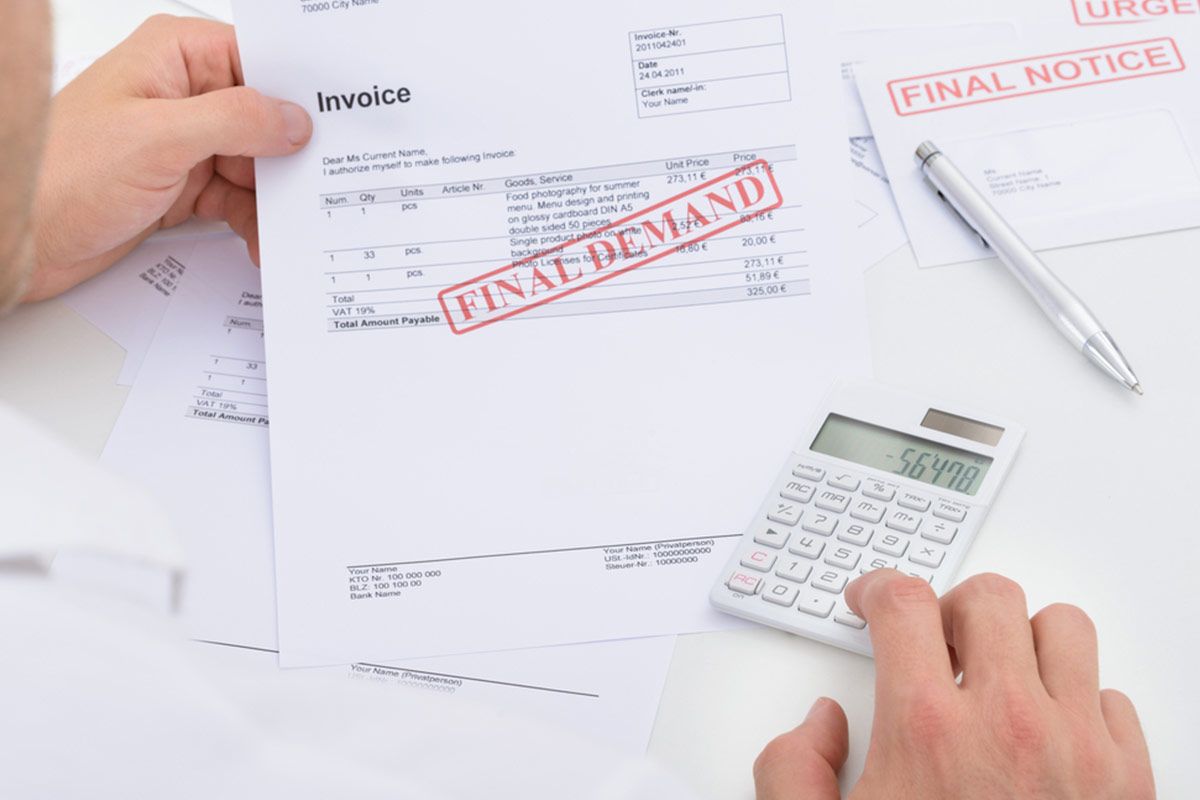Received a Letter of Demand?

If you receive a letter saying you owe a debt, it is important to first decide if you owe the alleged debt. If you do owe it, how long is it since you have acknowledged the debt (made a payment, spoke to a creditor or debt collector about the debt)?
Why is this important?
If you don’t believe you owe the debt, it is important to seek legal advice from a community legal centre who can assist you with writing to the creditor to advise you don’t owe the debt and seeking further details. It is important not to acknowledge the debt. Any correspondence should refer to “the alleged debt”.
If you believe you owe the debt, and it is likely to be more than six years old*, seek legal advice immediately from a community legal centre.
The debt may be statute barred if it is:
- more than six years old
- six years since you last made a payment
- six years since you acknowledged the debt.
This may mean they can no longer collect on this debt. It is also important not to acknowledge this type of debt and refer to as “the alleged debt”.
*Note: in the Northern Territory the statute barred period is 3 years. If there is a Court judgement on the debt, they may have a longer time to collect. Seek legal advice.
For further information see the National Debt Helpline.
If you owe the debt and it is not an old debt (statute barred)
If you owe the debt, you have a number of options:
- If you can afford to, pay the debt in full.
- If you cannot afford to pay the debt in full, work out how much you can afford in regular payments and contact the creditor’s hardship team to make a payment arrangement (for example a $400 debt might be $40 a month over 10 months). It is important only to offer what you can afford. If the company you owe the debt to agrees to your offer, ask for confirmation of the payment arrangement in writing.
- If you can afford to pay a lump sum but not the full debt, you could speak to a financial counsellor for assistance in applying for a lump sum settlement. Say you you owe $1000, under certain criteria, a creditor may consider accepting a lesser amount, for example $250, in full payment of the debt.
- If you cannot afford to pay the debt, are living solely on Centrelink payments and you have no assets (this applies to the Judgement Debt Recovery Act Victoria), you may be judgement proof and not have to repay the debt. It is important to seek legal advice from a community legal centre or advice from a financial counsellor before responding to the creditor.
- If you cannot afford to pay the debt and have assets (a house, car, tools etc), you need to seek advice immediately from a financial counsellor or a community legal centre as there is a risk the creditor can seek judgement against you to recover their debt.
If you are not happy with the response you receive from the creditor, you can seek further advice from a financial counsellor, community legal centre or lodge a complaint with the financial ombudsman.




